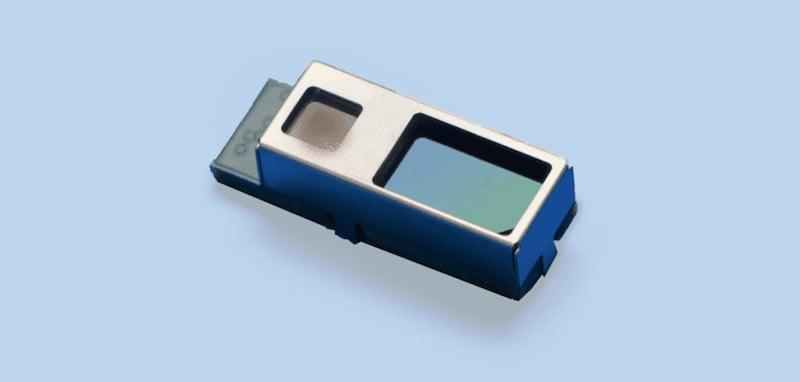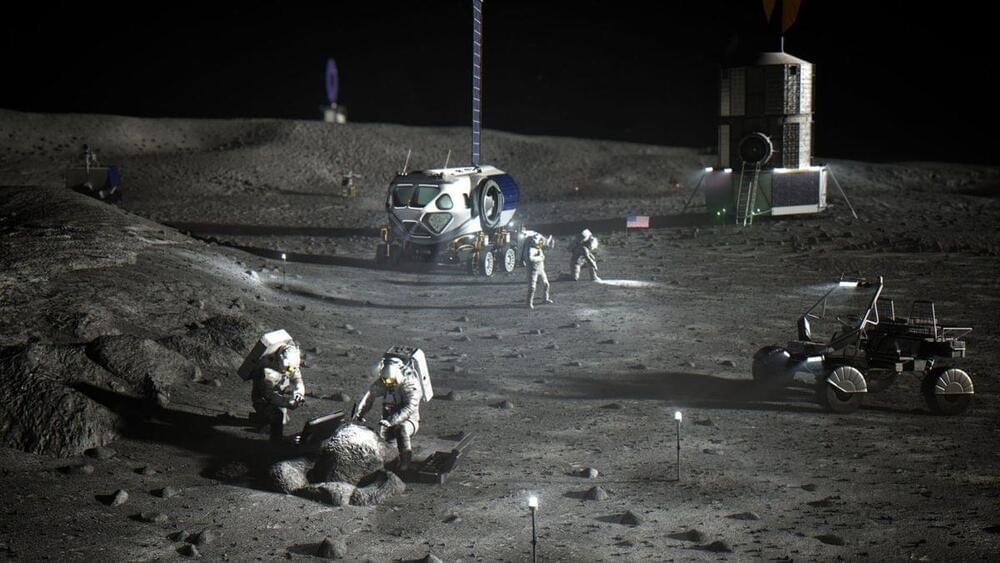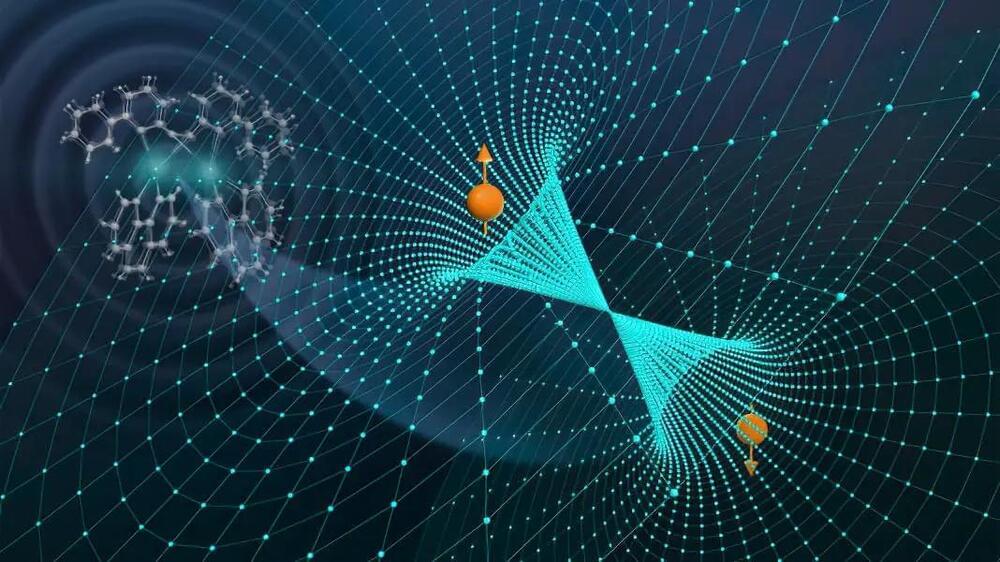Now that computer-generated imaging is accessible to anyone with a weird idea and an internet connection, the creation of “AI art” is raising questions—and lawsuits. The key questions seem to be 1) how does it actually work, 2) what work can it replace, and 3) how can the labor of artists be respected through this change?
The lawsuits over AI turn, in large part, on copyright. These copyright issues are so complex that we’ve devoted a whole, separate post to them. Here, we focus on thornier non-legal issues.
How Do AI Art Generators Work?






